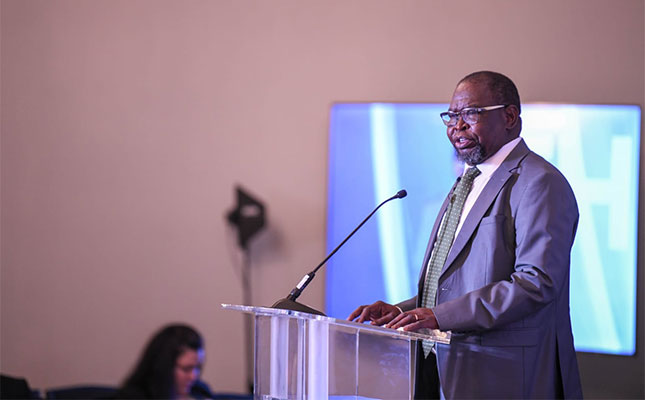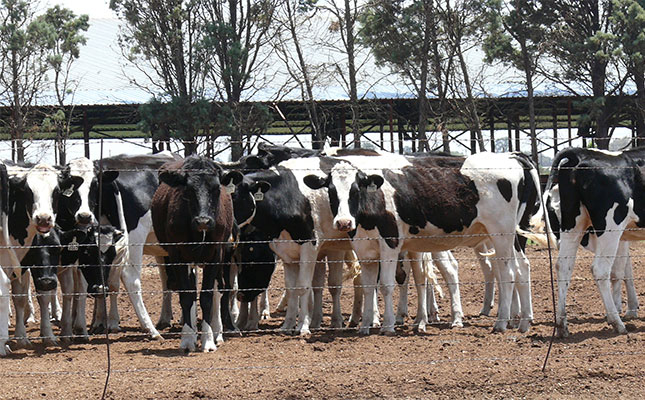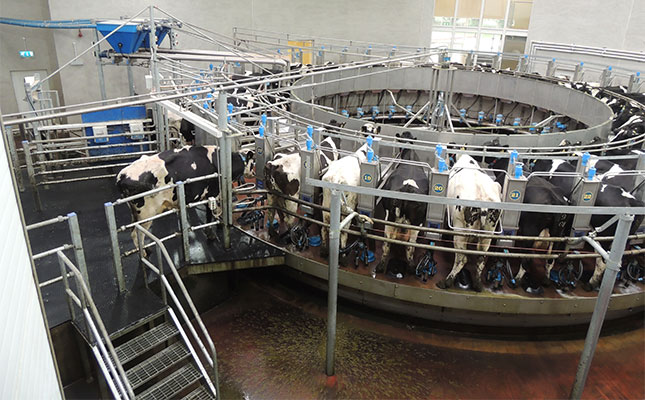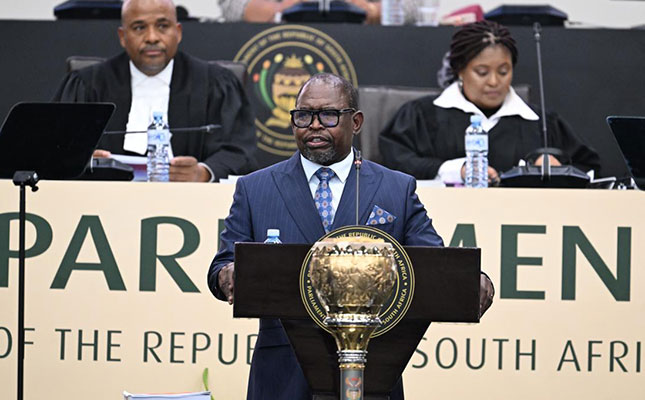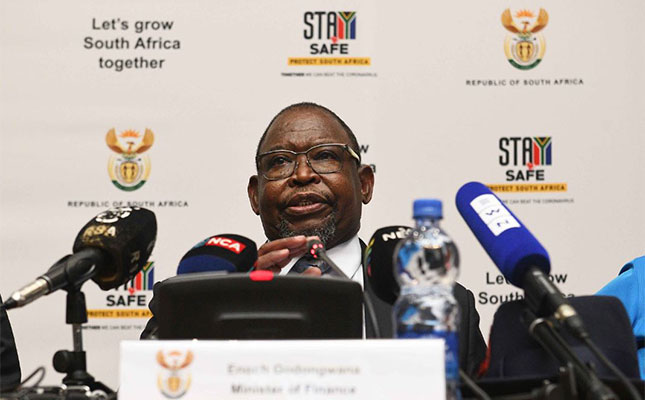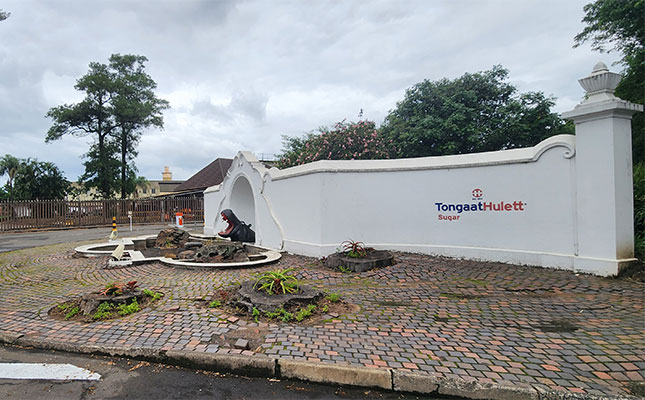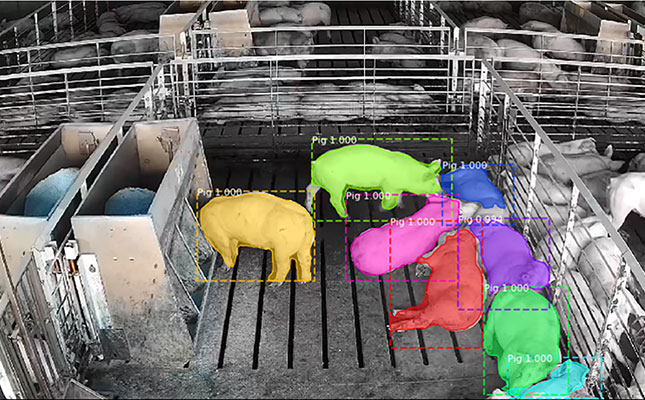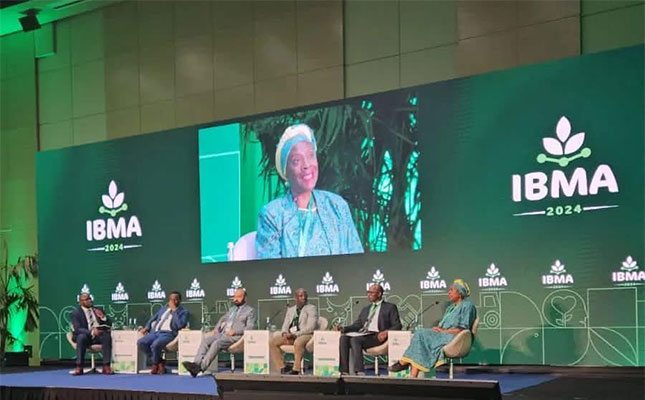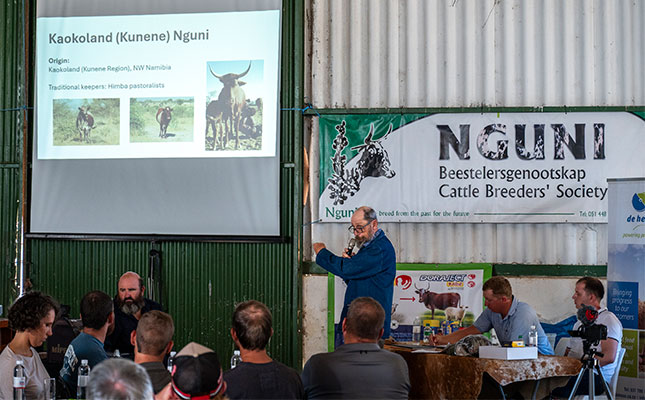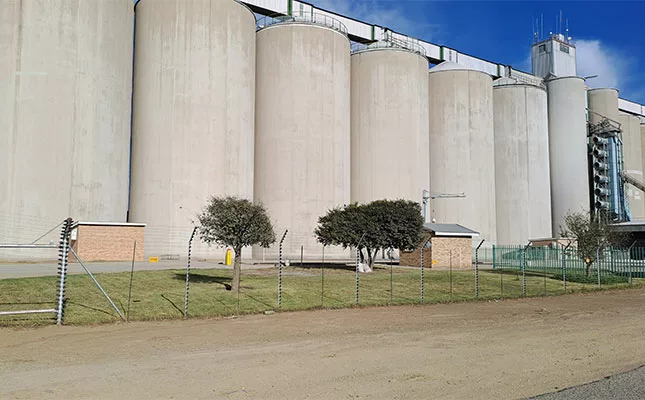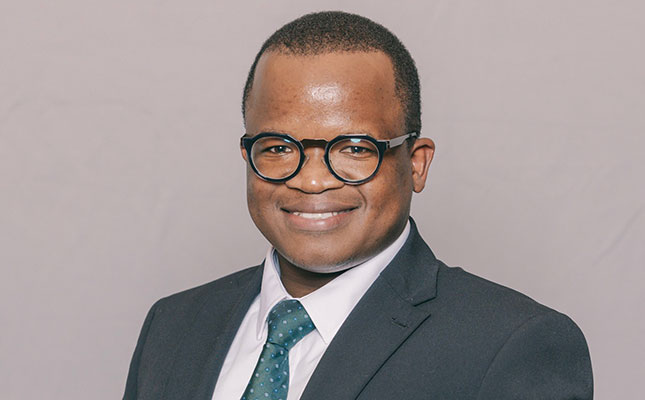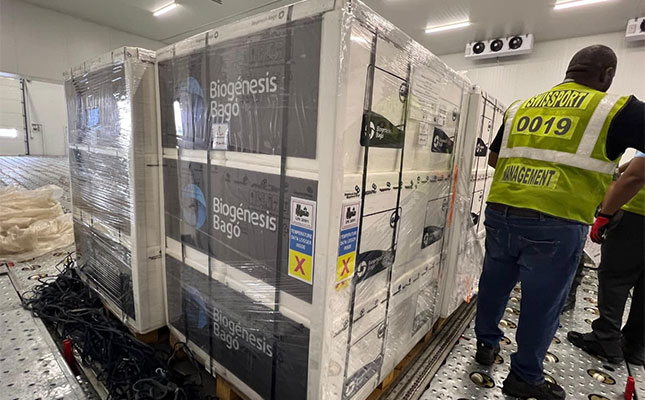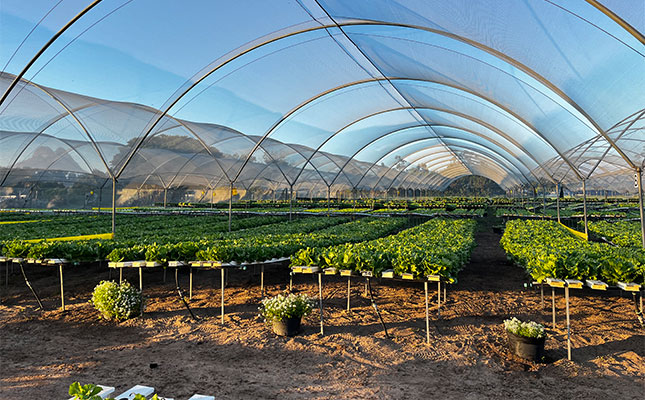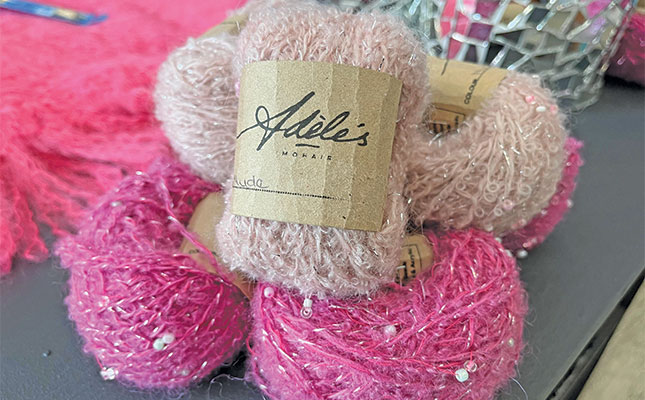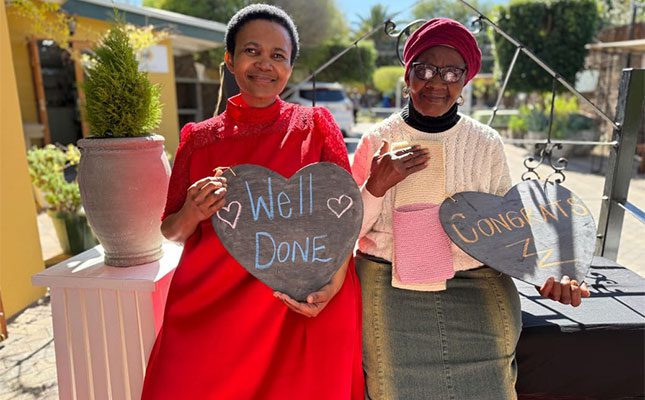
The women, who entered the workshop with no prior experience, spent two months mastering knitting skills that will open opportunities for them in the mohair industry. The programme was delivered in partnership with The Shearing Shed and supported by SAMIL Natural Fibres.
“The goal [of the event] was to celebrate the achievements of women who have successfully completed the knitting training programme and acknowledge their hard work, dedication, and creativity,” Beauty Mokgwamme, general manager of the MET, told Farmer’s Weekly.
She added that beyond the recognition, the graduation also aimed to inspire other women and highlight mohair’s potential as a tool for creating sustainable livelihoods.
According to Mokgwamme, the programme had already trained over 50 women across various communities, with meaningful results.
“The impact has been significant: many women have started their own knitting co-operatives or small businesses, while others have gained the confidence and skills to contribute to [their] household income.
“We’ve also seen stronger community bonds being built, as women collaborate, share knowledge, and uplift each other through this craft,” she said.
The MET plans to expand this training to women in other rural areas, provide them market access, and introduce mentorship and business support.
“Our long-term vision is to see women not only producing but also leading in the mohair industry,” Mokgwamme added.
The initiative is also backed by the Eastern Cape Department of Agriculture. Pumeza Pamela Blow, an agricultural adviser from Graaff-Reinet, said the department regarded the MET’s work as vital for rural development and women’s empowerment.
“The trust’s programmes, such as knitting training, are focusing on empowering women in rural areas by providing them with skills and economic opportunities. This aligns with the department’s goals of promoting agricultural development, job creation, and social upliftment in rural communities,” Blow explained.
She added that the department was working on linking trained women with domestic and export markets, supporting the formation of co-operatives, and ensuring the women received further training.
“Jobs will be created, and there will be economic upliftment in rural communities,” Blow said.
She also highlighted the department’s vision to develop a factory in the Karoo for processing mohair into yarn, garments, and home décor items for local and international markets.
“Mohair is the main commodity in the Karoo. Our vision is to see it processed here into end products, thereby contributing to the domestic economy,” Blow added.
For participants in the MET’s workshop, the training has been a life-changing opportunity. Elizabeth Japhta from Graaff- Reinet, one of the graduates, encouraged more women to join such initiatives.
“I would like to say that more women must participate in such an amazing experience – if not for us, then for our future generations so we can teach them,” she explained.
According to Mokgwamme, with the MET and industry partners working together, the Beginners Knitting Workshop has laid the foundation for women in the Karoo to create sustainable incomes from mohair and uplift their communities.
“This is only the beginning. Our aim is to ensure women are at the centre of the mohair value chain,” she concluded.

